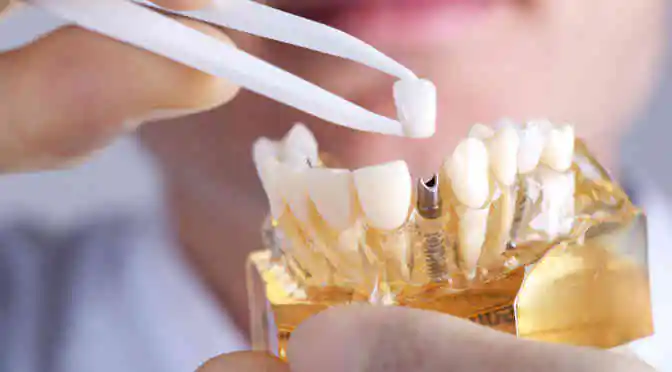Dental health has always been one of the most overlooked industries and is often ignored by consumers and investors alike. Nevertheless, advances in dental research such as the development of salivary diagnostics, the discovery of links between oral and systemic health, and genetic engineering along with the constant development of technologies like artificial intelligence (AI) are making the dental services industry truly lucrative.
 2018: Digital dentistry is booming
2018: Digital dentistry is booming
The ongoing digital revolution is transforming medicine and oral health care in a multitude of ways. From new diagnostic tools and data analysis to novel prevention tools, electronic record-keeping, and revolutionary treatment options, the dental services industry is majorly boosted by digitalization. CAD/CAM components which were implemented just a few years ago to diagnose and treat patients are helping dentists in ways they never deemed possible.
From computer-controlled administration of nitrous oxide, shade matching and computer-aided implant dentistry, digital disruption in oral care services is markedly improving dental treatments. Further, technologies like virtual reality (VR), smart toothbrushes, augmented reality, and bioprinting hold the potential to completely revolutionize the dental services industry.
According to healthcare experts, technological innovation will eventually improve dental health considerably. We are talking same-day treatment, that translates to fewer clinic visits, and makes healthy smiles more affordable.
Artificial Intelligence’s expansive role in dental services
Over the last few years, AI has been the most headlined innovation in the world of information and communication technology. This concept has significantly evolved from what was once considered science fiction to a present-day reality which is improving efficiency in every industry vertical. Indeed, it has transformed every aspect of the healthcare industry and dental care is no exception.
The rise of AI in the healthcare sector is affecting dental care in a multitude of ways. Artificial intelligence promises to be an integral component of oral health care by taking over repetitive tasks, thereby helping dentists focus on more complex tasks.
Additionally, there are insights that can be gleaned from each patient visit. Whether booking an appointment, taking the impression of a patient’s teeth for a crown, or taking routine bitewing X-rays, each step of a patient encounter generates a huge amount of potentially helpful data.
Consequently, there is an ocean of information that a dentist cannot process. This is where AI can be best leveraged in dentistry. It can not only perform data analytics but also complete routine functions and tasks to help dentists build stronger patient relationships, be more efficient, and reduce overall workload.
New and trending: AI-powered smart toothbrush
Many oral care appliances manufacturers — including Kolibree, Procter & Gamble, and Koninklijke Philips NV — have launched connected electric toothbrushes. These products help consumers brush their teeth more effectively while also generating helpful data pertaining to said consumer’s brushing habits. In 2018, companies such as Kolibree are pushing a new range of smart toothbrush models. And, what’s the latest technology powering these smart toothbrushes? AI, of course.
The idea behind the implementation of an AI component is to make a smart toothbrush capable of analyzing consumer behavior and providing more personalized feedback. The latter can be affected through an email report or a simple notification within the app. Deep learning algorithms are embedded inside the smart toothbrush on a low-power processor that can store all the information received from its bevy of motion sensors.



